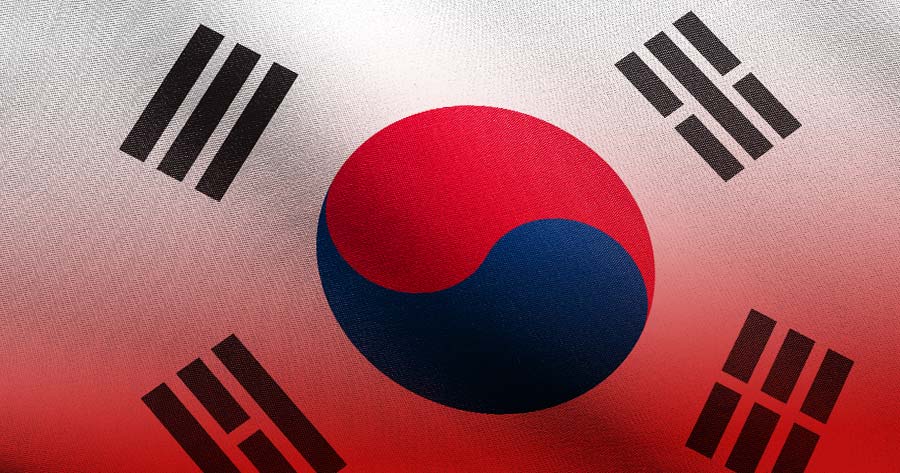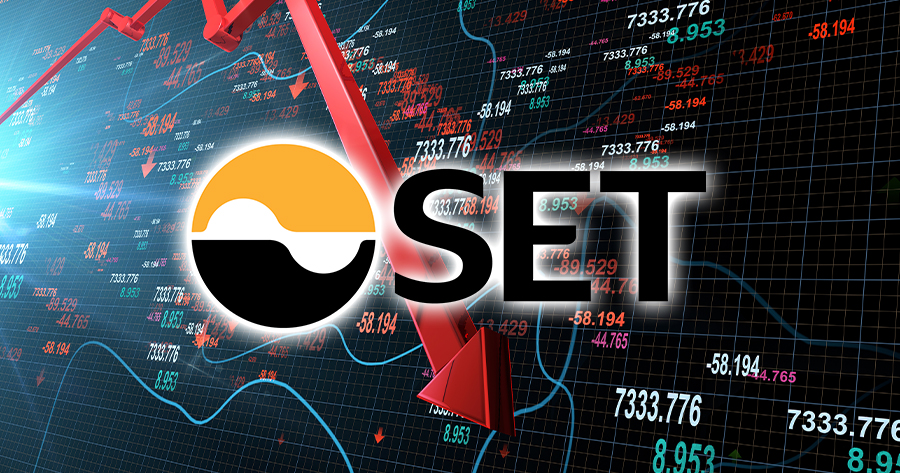In response to the U.S. President Donald Trump’s aggressive trade policies, South Korean business leaders are taking proactive steps by engaging with his former aides and lobbying in Republican-led states, reflecting their frustration over their government’s delayed actions amid its own political turmoil.
Trump’s broad-ranging trade policies have prompted many global capitals to reconsider their reliance on the U.S. for both trade and political alliances. The stakes are particularly high for South Korea, which is currently navigating its most severe political crisis in decades, following the impeachment of President Yoon Suk Yeol, who previously imposed martial law briefly on December 3.
Yoon’s strategy to closely align with the U.S. during heightened trade tensions with China has increased South Korea’s dependence on the American market, which constituted nearly 20% of its exports last year. This dependency makes South Korean businesses more susceptible to changes in U.S. tariffs.
As per a Reuters report citing sources, an executive from a leading conglomerate expressed frustration, indicating that the government has yet to formulate solid plans for engaging with Trump in negotiations. Other firms in the nation are also concerned about lacking government support, particularly when leaders from countries like Japan and India have already taken a step with Trump to mitigate harmful tariffs.
Meanwhile, Acting President Choi Sang-mok has yet to directly communicate with Trump and acknowledged to lawmakers that the interim leadership faces constraints in responding to changes in U.S. tariffs. He suggested that South Korea could use its investments in the U.S. and energy imports as leverage in potential negotiations.
This week, South Korea’s industry minister plans to visit the U.S. to advocate for an exemption from steel tariffs and explore enhanced cooperation in energy and shipbuilding, as announced by the ministry.
With uncertainty surrounding the resolution of the domestic political crisis, a delegation of executives from major companies like Samsung, LG, SK, and Hyundai Motor visited Washington last week, meeting U.S. Secretary of Commerce Howard Lutnick, according to sources. Additional meetings with U.S. officials are also being organized by companies independently.
On the other hand, a court ruling is expected in March to determine whether Yoon will be removed from office or have his presidential authority reinstated. Should he be ousted, a new presidential election would need to be conducted within 60 days.





